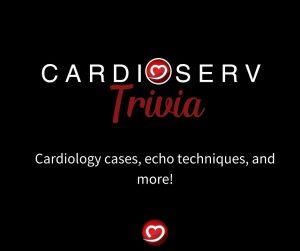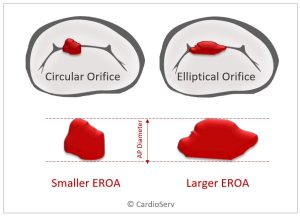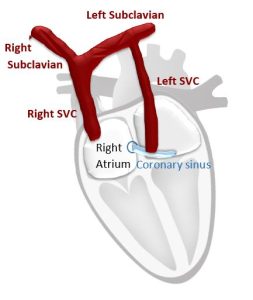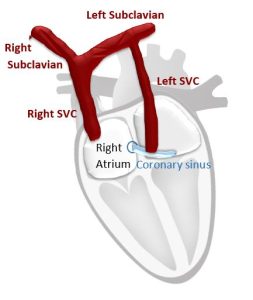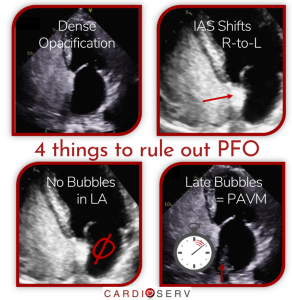AS WE NEAR THE END OF 2015, WE’VE PUT TOGETHER CARDIOSERV’S YEAR IN REVIEW.
Lots of new additions to CardioServ this year – new faces, new software and even new exercise equipment! Also, learn about important changes to accreditation guidelines coming up in the next couple of months and see our favorite blog posts this year.
IN THE OFFICE:
- We enjoyed our 8th anniversary this year! To celebrate, we provided a $250 gift certificate to all who signed up for our newsletter. If you have not received your gift certificate, sign up for it here before December 31st, 2015.
- We launched the first Echo Accreditation Software – AccreditCoach. This software automates all QI measures and provides step by step coaching. It is perfect for anyone seeking to complete accreditation on their own. Watch a demo of the software here.
- The office is growing with new staff members! We also have full time developer to work on our new accreditation software. See who joined the team.
- CardioServ sponsored the South Florida Echo Society’s meeting. Our guest speaker Dr. Raj Janardhanan who presented on interesting case studies showcasing the use of 2D and 3D Echocardiography to diagnose heart disease.
 Angela, Dr. Janardhanan, Judith, Joanne and Rhiannon
Angela, Dr. Janardhanan, Judith, Joanne and Rhiannon - We embraced social media this year and became active on Facebook, Twitter, LinkedIn and Google+, be sure to follow us and like our page!
- We started an educational seminar series to include implementing the New Chamber Quantification Guidelines in your Lab. Request information on a webinar or seminar at your facility.
- Cardiovascular Health and Charity: We now have a treadmill desk in the office. Next year we will track our miles walked and donate $1 for every mile walked!
CONGRATULATIONS TO OUR CLIENTS ACCREDITED THIS YEAR!

ACCREDITATION CHANGES TO BE AWARE OF:
TEE Probe Leak Test: TEE Probe Leak Test becomes mandatory on December 31, 2015. IAC is requiring that the structural and electrical integrity of the transducer must be checked between each use. According to the new standard, you must record “passed” or “failed” in the routine TEE probe maintenance log along with action taken if “failed.” Learn more on performing the leakage test as well as how a local facility implemented it on our blog post.
IAC Changes: The IAC has released updates to adult echo and vascular testing accreditation becoming effective February 2016. For adult echo standards, the Testamur status is now preferred, not required, for medical directors. Quality improvement (QI) meeting requirements have been reduced to twice a year. Clinical correlation is now an annual measure instead of quarterly. Appropriate Use Criteria (AUC) has changed to “Test Appropriateness” and is based on new terminology.
The quality improvement measures for Vascular accreditation have completely changed. They will now be more aligned with the QI measures for adult echo. The biggest change, and much appreciated, was the decrease of clinical correlations from thirty (30) per testing area down to just two (2) per testing area! In addition, new measures were added to include report review, peer review and two QI meetings a year. Report review will include checking reports for test appropriateness. For a more detailed review of the changes, read our post here.
Stay tuned in January for our blog series on Quality Improvement Measures with tips to save you time!

We believe in the process of accreditation to improve the quality of diagnostic imaging. By using our experience and innovative process we will help you achieve the recognition of accreditation with quality and ease.
We offer full service accreditation as well as delayed status, audit assistance and QI maintenance plans for echo, nuclear, vascular, vein center, MRI and CT modalities. We are passionate about what we do and are happy to provide a free consultation to review your specific accreditation needs. Schedule a consultation now to get some accreditation advice!
FAVORITE BLOGS THIS YEAR:
Pulmonary Hypertension
Our most recent blog post features a full echocardiographic assessment of a patient with pulmonary hypertension, including new guidelines on estimating right atrial pressure.
Case Study – Massive Right Atrium
Great case study with follow up discussion on potential diagnosis of an echocardiogram showing a large right atrium and obliteration of the right ventricular apex.
Scanning in Pain
In 2010, the Intersocietal Accreditation Commission added a new requirement that all accredited labs must have a policy in place to address technical staff safety, comfort and avoidance of work related musculoskeletal disorders (MSD). However, we rarely address the issue that sonographers are already scanning in pain! In this blog post we teamed up the guys from Live Pain Free: The Right Moves. They show you exercises on relieving neck and shoulder pain.
Focused Ultrasound
Focused ultrasound has continuously made headlines this year – from its FDA approval for prostate tissue ablations to breaking the blood-brain barrier. Current research and clinical trials in development for applications of focused ultrasound are underway for numerous cardiovascular diseases. These include hypertension, atherosclerosis, deep vein thrombosis and atrial fibrillation. Read more here.
Remember to follow us on Facebook for continuous cardiovascular accreditation news and CMEs. Happy New Years from CardioServ!


